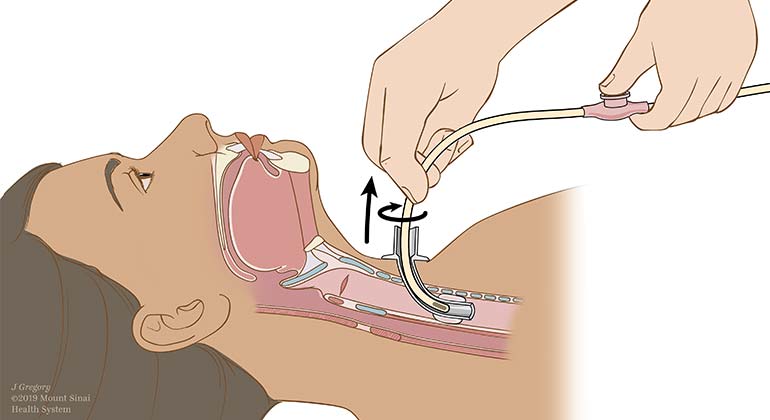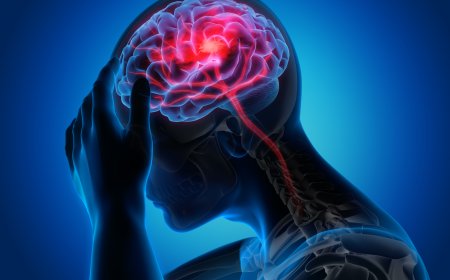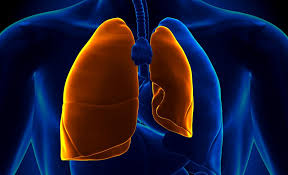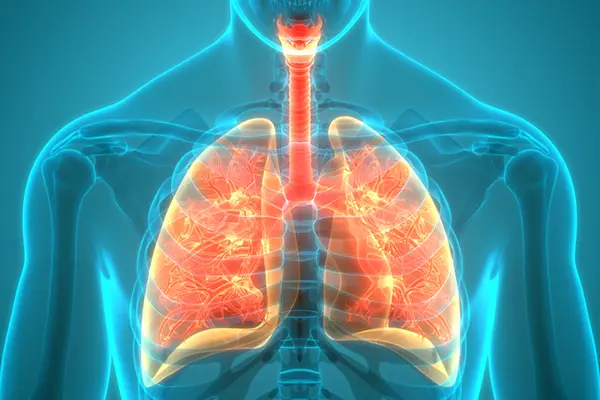- Engage in lifelike simulations of gastrointestinal bleeds caused by esophageal varices, presenting diverse patient cases and clinical complexities.
- Practice rapid and focused assessments to identify signs and symptoms of gastrointestinal bleeding, including hematemesis, melena, hypovolemic shock, and hemodynamic instability.
- Utilize diagnostic tools and tests, such as upper endoscopy, laboratory studies, and imaging modalities, to confirm the diagnosis and assess the severity of gastrointestinal bleeding.
- Implement evidence-based interventions for the management of acute gastrointestinal bleeds, including resuscitation, hemostasis techniques, and pharmacological therapies.
- Navigate through dynamic clinical scenarios, making critical decisions regarding treatment strategies, transfusion thresholds, and the need for endoscopic interventions or surgical procedures.
- Enhance communication skills by effectively conveying patient information, treatment plans, and updates to the interdisciplinary healthcare team and engaging in shared decision-making with patients and families.
- Experience immersive XR technology that provides a safe and controlled environment for learning, allowing for repeated practice, immediate feedback, and reflective debriefing to improve clinical competence and confidence.
imaginX is used by many amazing schools and universities
University / College

























